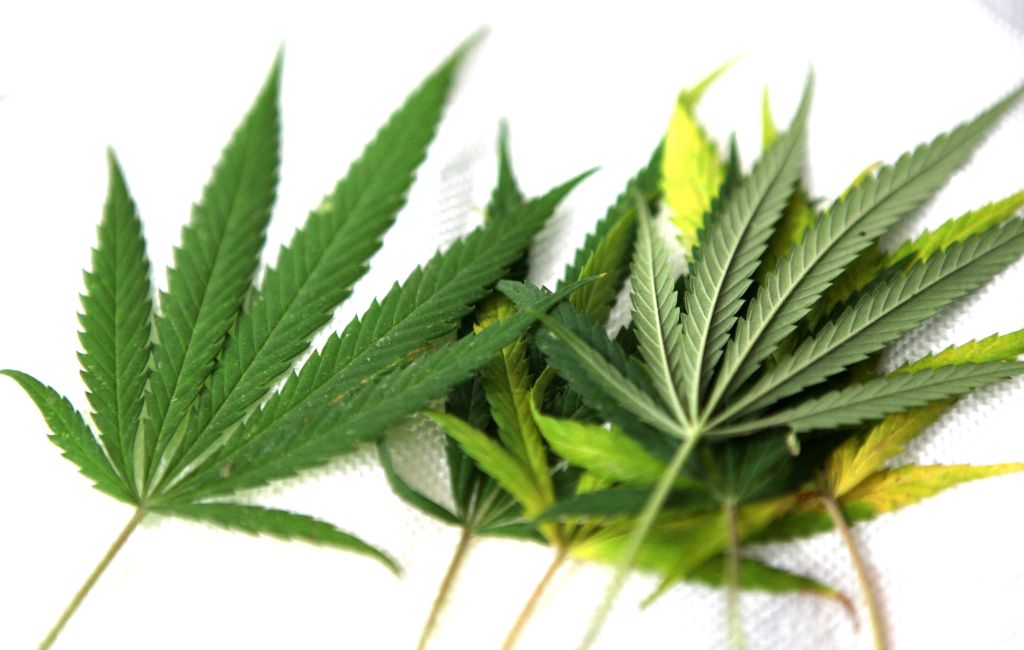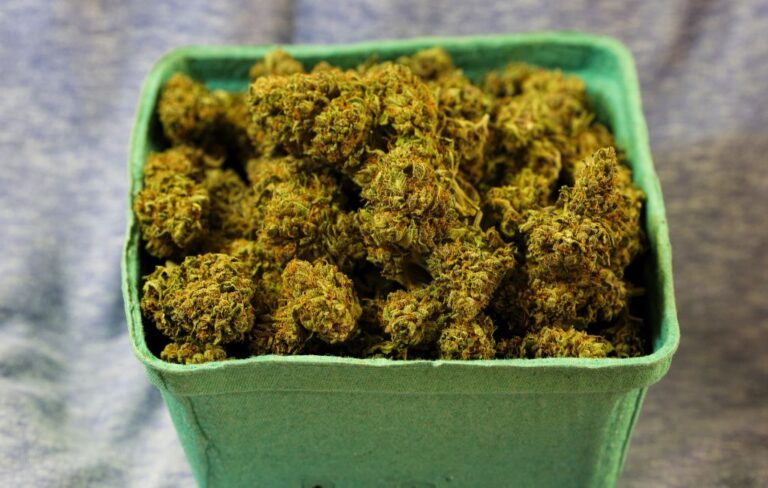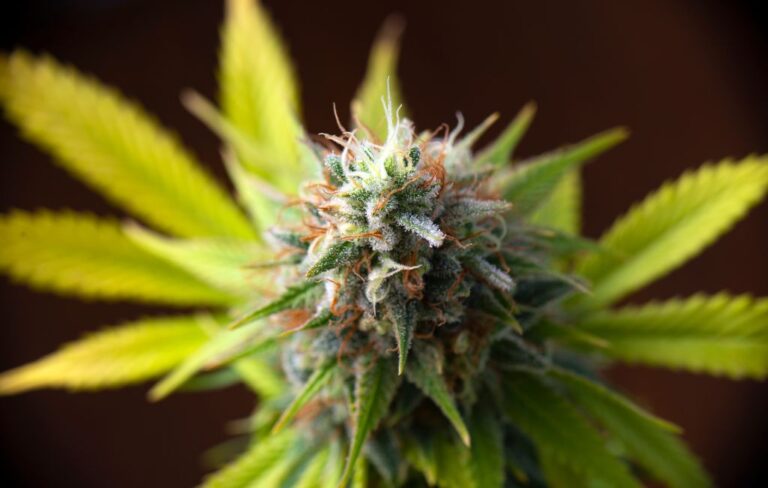THCa Wellness: Unlocking Nature’s Healing Potential
In recent years, the interest in cannabis and its derivatives has surged, driven by a growing body of research and anecdotal evidence supporting its therapeutic benefits. Among the many compounds found in cannabis, THCa (tetrahydrocannabinolic acid) is gaining attention for its potential wellness applications. This article explores the properties of THCa wellness, its benefits, and how it might contribute to a holistic approach to health.
Understanding THCa
THCa is a non-psychoactive cannabinoid found in raw and live cannabis plants. Unlike THC (tetrahydrocannabinol), which is known for its psychoactive effects, THCa does not produce a “high.” This makes it an attractive option for those seeking the therapeutic benefits of cannabis without the mind-altering effects.
The Science Behind THCa
THCa is the precursor to THC. When cannabis is heated through smoking, vaping, or cooking, THCa undergoes decarboxylation, a process that converts it into THC. In its raw form, THCa interacts with the body’s endocannabinoid system, which plays a crucial role in maintaining homeostasis.
Potential Health Benefits of THCa
Research into THCa is still in its early stages, but preliminary findings suggest several potential health benefits:
- Anti-inflammatory Properties: THCa may help reduce inflammation, making it a potential option for managing conditions like arthritis and inflammatory bowel disease.
- Neuroprotective Effects: Some studies indicate that THCa might protect brain cells, offering potential benefits for neurodegenerative diseases such as Alzheimer’s and Parkinson’s.
- Antiemetic Properties: THCa has shown promise in reducing nausea and vomiting, which could be beneficial for patients undergoing chemotherapy.
- Appetite Stimulation: Like THC, THCa may help stimulate appetite, which can be helpful for individuals with conditions that cause appetite loss.
Case Studies and Anecdotal Evidence
While scientific research is ongoing, anecdotal evidence from patients and healthcare providers highlights the potential of THCa in wellness applications. For instance, some patients with chronic pain have reported relief after incorporating THCa into their treatment regimen. Similarly, individuals with autoimmune disorders have noted improvements in symptoms such as fatigue and joint pain.
Case Study: THCa and Epilepsy
One notable case involves a young patient with epilepsy who experienced a significant reduction in seizure frequency after using THCa-rich cannabis extracts. This case has sparked interest in further research to understand the mechanisms behind THCa’s anticonvulsant properties.
Incorporating THCa into a Wellness Routine
For those interested in exploring THCa for wellness, there are several ways to incorporate it into a daily routine:
- Raw Cannabis Juicing: Consuming raw cannabis leaves and flowers through juicing is a popular method to intake THCa. This method preserves the cannabinoid in its natural form.
- Tinctures and Oils: THCa tinctures and oils offer a convenient way to consume the cannabinoid. These products can be added to food or beverages or taken sublingually.
- Topical Applications: THCa-infused creams and balms can be applied directly to the skin, providing localized relief for inflammation and pain.
Legal Considerations and Accessibility
The legal status of THCa varies by region, as it is often classified under the same regulations as THC. In areas where cannabis is legal for medical or recreational use, THCa products are more readily available. Consumers should research local laws and consult with healthcare professionals before incorporating THCa into their wellness routine.
Future Directions in THCa Research
The potential of THCa in wellness applications is vast, yet much remains to be explored. Future research will likely focus on understanding the specific mechanisms through which THCa exerts its effects, optimal dosing strategies, and its long-term safety profile. As the scientific community continues to investigate, THCa may emerge as a valuable component of integrative health practices.
Conclusion
THCa represents a promising frontier in the exploration of cannabis for health and wellness. Its non-psychoactive nature and potential therapeutic benefits make it an appealing option for those seeking natural remedies. As research progresses, THCa may unlock new pathways for managing a variety of health conditions, offering hope and relief to many. By staying informed and consulting with healthcare professionals, individuals can make educated decisions about incorporating THCa into their wellness journey.


